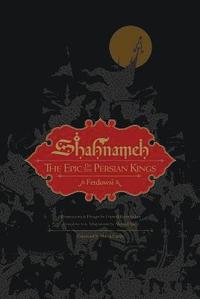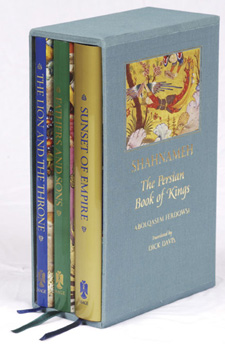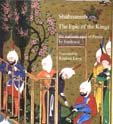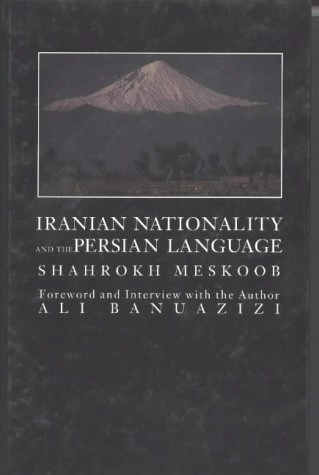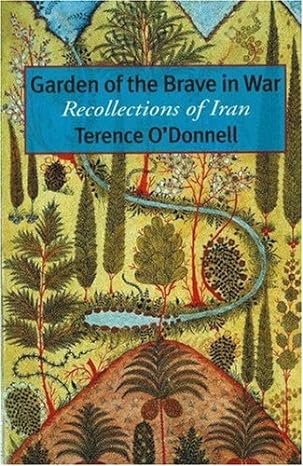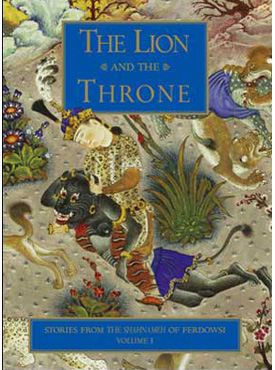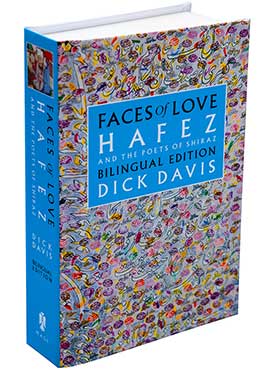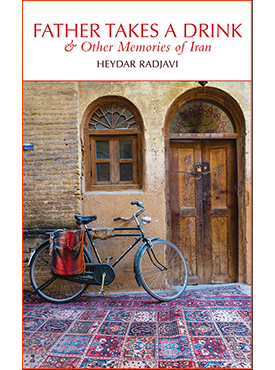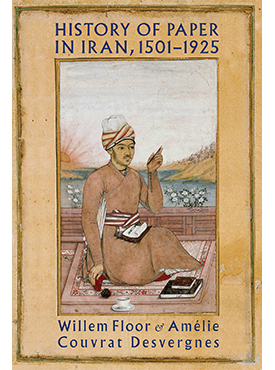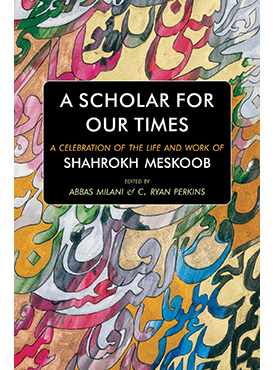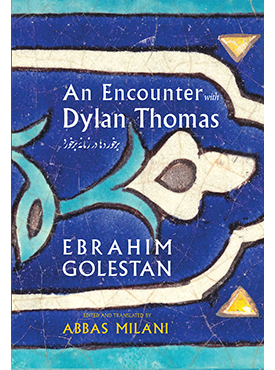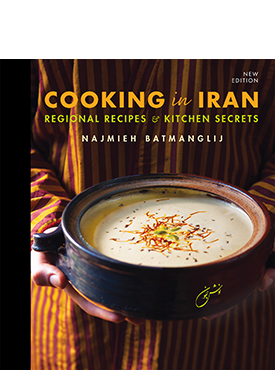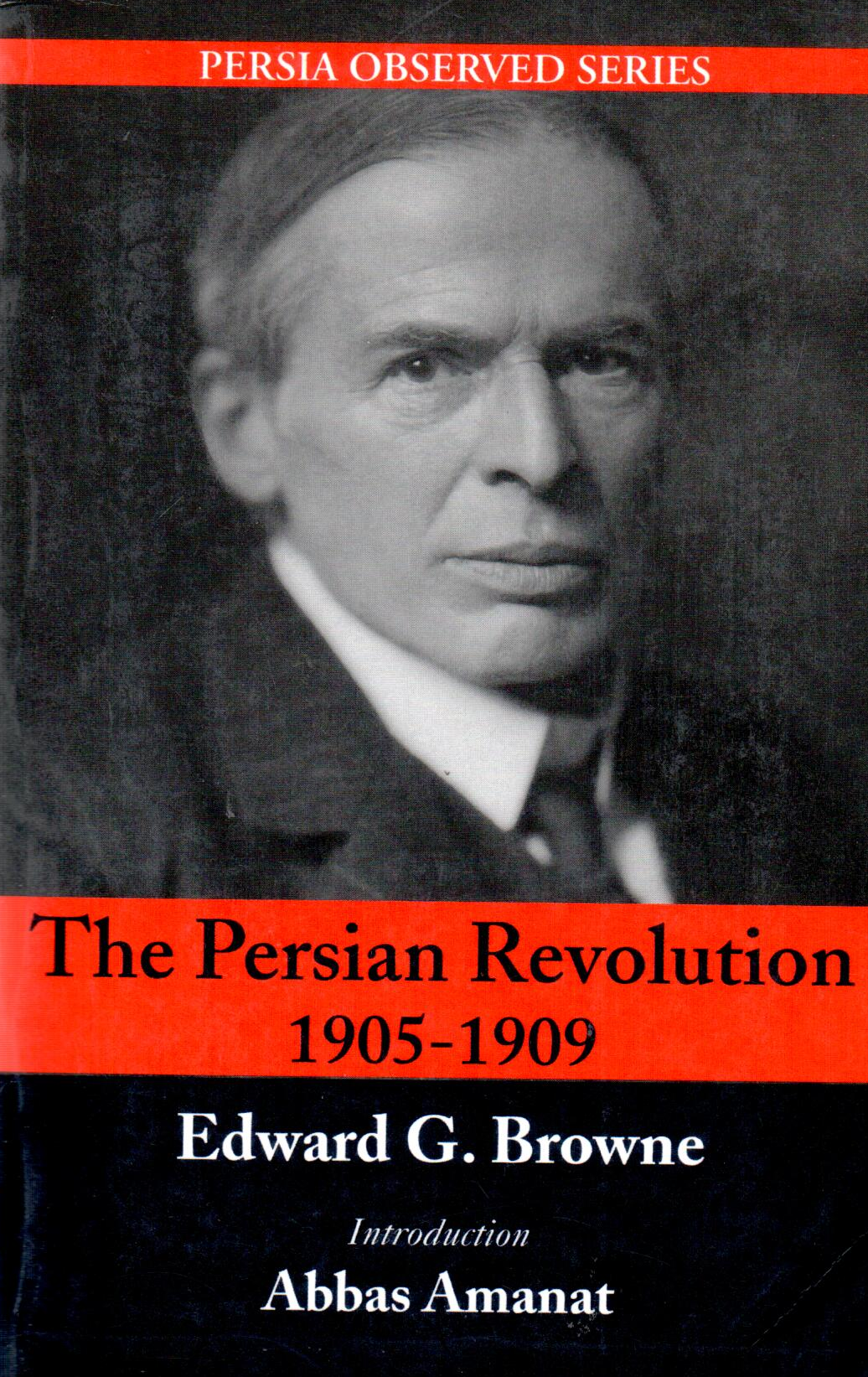In the Dragon's Claws, The Story of Rostam & Esfandiar From Persian .. انگلیسی 1378
In the Dragon's Claws, The Story of Rostam & Esfandiar From Persian ..
18٫12 $
اشتراکگذاری
Wishlist
شابک:
0934211566
مترجم:
Jerome W Clinton
ناشر:
MAGE PUBLISHERS
گروه سنی:
بزرگسال
صفحات:
144
وزن:
200 g
ابعاد:
14 x 21 x 1٫01 cm
جلد کتاب:
کاور کاغذی
In this story, Esfandiyar, the designated heir to the throne of Iran, has just returned in triumph from his campaign against the shah of Turan. He has slain Arjasp, Iran's greatest enemy, captured his family and treasury, and liberated his own sisters from their captivity. He expects that his father, Goshtasp, will now abdicate the throne of Iran in his favor as he had sworn to. Goshtasp, however, is not yet ready to honor his promise. Instead he sets his son yet another task as a condition of his abdication. He must bring Iran's greatest hero, Rostam, back to the court in chains. Rostam has neither come to the court of Iran to honor Goshtasp, nor has he sent him a letter declaring his loyalty. Esfandiyar recognizes this is simply a means to put his own life at risk, and says as much. Yet he cannot refuse his father's command.
The story of Rostam and Esfandiyar displays a surprisingly modern skepticism about the values we associate with Ferdowsi's epic. It expresses a profound ambivalence about the demands of heroism, and is sharply critical of a monarch who exploits the courage and loyalty of his heroes to further his own selfish ends.
more
In this story, Esfandiyar, the designated heir to the throne of Iran, has just returned in triumph from his campaign against the shah of Turan. He has slain Arjasp, Iran's greatest enemy, captured his family and treasury, and liberated his own sisters from their captivity. He expects that his father, Goshtasp, will now abdicate the throne of Iran in his favor as he had sworn to. Goshtasp, however, is not yet ready to honor his promise. Instead he sets his son yet another task as a condition of his abdication. He must bring Iran's greatest hero, Rostam, back to the court in chains. Rostam has neither come to the court of Iran to honor Goshtasp, nor has he sent him a letter declaring his loyalty. Esfandiyar recognizes this is simply a means to put his own life at risk, and says as much. Yet he cannot refuse his father's command.
The story of Rostam and Esfandiyar displays a surprisingly modern skepticism about the values we associate with Ferdowsi's epic. It expresses a profound ambivalence about the demands of heroism, and is sharply critical of a monarch who exploits the courage and loyalty of his heroes to further his own selfish ends.
more



